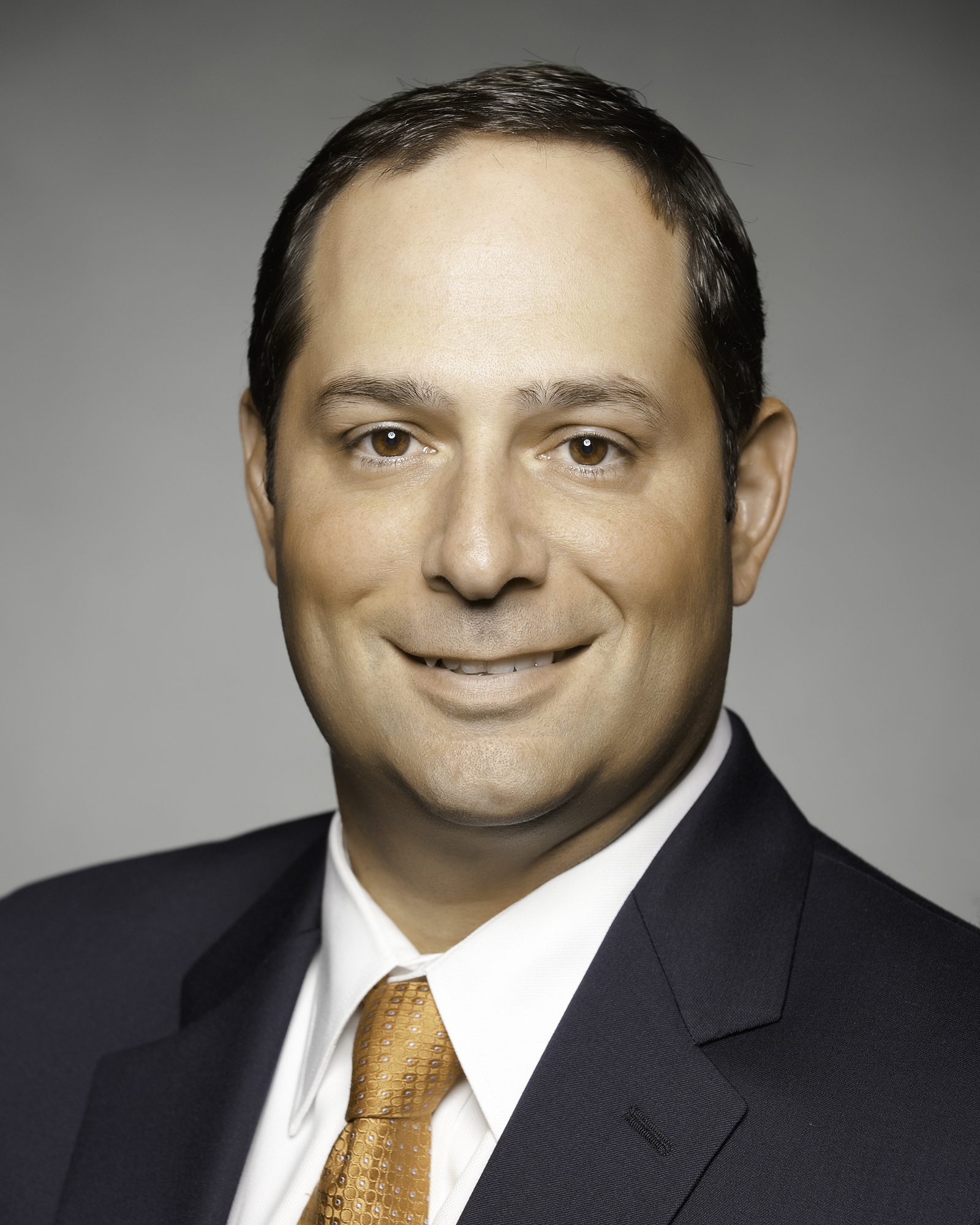
The finalists for WashingtonExec’s Pinnacle Awards were announced Oct. 11, and we’ll be highlighting some of them until the event takes place live, in-person Nov. 30.
Next is Intelligence Industry Executive of the Year (Public Company) finalist John DeSimone, who’s president of cybersecurity, intelligence and services at Raytheon Intelligence & Space. Here, he talks key achievements, primary focus areas going forward, shaping the next generation of leaders and more.
What key achievements did you have in 2021 / 2022?
I am extremely proud of everything CIS was able to accomplish these past couple of years. My own scope of work ranged from navigating responses to novel cyberattacks, to securing major partnerships on missions of national importance which has fueled double-digit growth for our business.
In 2021, in response to the SolarWinds cyberattack and other cybercrimes, CIS wanted to reinforce the importance of unity among the public and private sectors. To showcase this commitment, CIS led a special conference in April 2021, the Billington Cybersecurity Defense Summit: Charting the New Paradigm Shift to Data Security, which was attended by more than 600 cybersecurity and defense leaders from the U.S. Department of Defense, U.S. Air Force, U.S. Congressional leaders and private sector security companies. The results of that summit were featured in a Washington Post write-up.
What are your primary focus going forward, and why are those so important to the future of the nation?
Moving forward, cyber attacks are only going to grow more frequent and sophisticated. In response, we must make a shift from traditional cyber defense in order to keep up. For years, we relied on strong defense as our core security strategy; however, progressing attacks are forcing us to pivot.
The only way to properly prevent these attacks is to evolve right alongside the evolving cybercriminals. By taking on a more offensive approach, and integrating that into traditional cyber defense, the response times of cyber defenders will be cut down and we will be able to act faster and more efficiently. Organizations often wait until it is too late to implement proactive tactics. As an industry, and as a nation, the only way to combat the increasing number of cyber attacks is to make that shift.
Additionally, the future of the cybersecurity field depends on its future talent. This means leaders within the industry are responsible for investing in the skill cultivation of their employees so that they can be better equipped to meet their customer’s needs.
Within Raytheon Intelligence and Space, we not only offer a cyber academy to meet growing customer demand for training home-grown cyber talent, but we actually use it to manufacture talent for ourselves. We’ve retrained entire classes of Raytheon Technologies software engineers to become cyber engineers.
How do you help shape the next generation of government leaders/industry leaders?
One of the biggest threats to cybersecurity today is the skills gap. This lack of talent not only creates an internal challenge for the cyber industry, but it also creates a massive opportunity for new talent to be found and fostered.
In response to this challenge, I have championed a new business initiative called Offensive Labs. Offensive Labs has a mission to cultivate cyber engineering talent, strengthen CIS’s integration of offensive cyber and defensive cyber, and retain elite vulnerability researchers.
This training program prepares engineers from adjacent disciplines, as well as entry-level engineering talent, for the offensive cyber-mission space. As candidates progress through the program, they get a personalized curriculum to help them be ready for their specific missions.
They are then deployed on customer cyber missions, meaning that customers who are defending their systems, networks and endpoints benefit from cyber defenders training to think like an attacker. I’m very proud of how we’re shaping wave after wave of cyber athletes to fill some of the most critical roles across the country.

